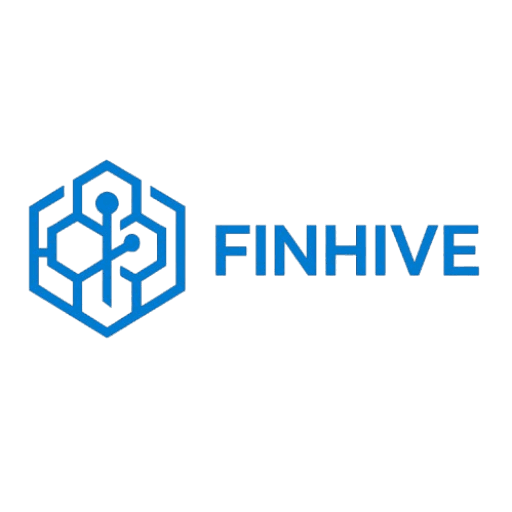Blockchain & the Future of Finance
Once seen as the backbone of cryptocurrencies, blockchain in fintech has matured into a powerful tool for building secure, transparent, and efficient financial systems. In 2025, this technology is no longer experimental—it’s becoming foundational to the future of finance.
A key driver of this shift is decentralized finance (DeFi). DeFi platforms allow users to lend, borrow, and invest without traditional intermediaries, using smart contracts to automate transactions securely and transparently. This model reduces costs and opens up access to financial services for millions worldwide.
At the same time, blockchain is enabling secure fintech infrastructure that’s resistant to fraud and tampering. With every transaction recorded on an immutable ledger, blockchain reduces risks, improves auditability, and ensures data integrity—crucial for building user trust in digital banking platforms.
One of the most exciting applications is the use of smart contracts in banking. These self-executing agreements trigger actions when conditions are met, enabling real-time settlements, automated insurance payouts, and faster loan approvals—without manual processing or delays.
Beyond crypto, blockchain is also being used for cross-border payments, identity verification, and regulatory compliance. By streamlining these traditionally slow and costly processes, fintechs are unlocking new opportunities for speed, scale, and transparency.
As financial ecosystems evolve, blockchain’s role will only grow stronger. Fintech companies that adopt and innovate with blockchain today are not just keeping up—they’re shaping the next wave of financial transformation.
FinHive Africa is more than a directory — it’s your go-to B2B hub for top fintech suppliers, expert insights, solution comparisons, and reviews across Africa’s evolving financial technology landscape.
- Home
- All Services
- Contact Us
- Privacy Policy
Phone
+254718555761
info@finhive.africa
Address
The Prominade, Westlands, Nairobi, Kenya
Copyright © 2025 Finhive.africa

